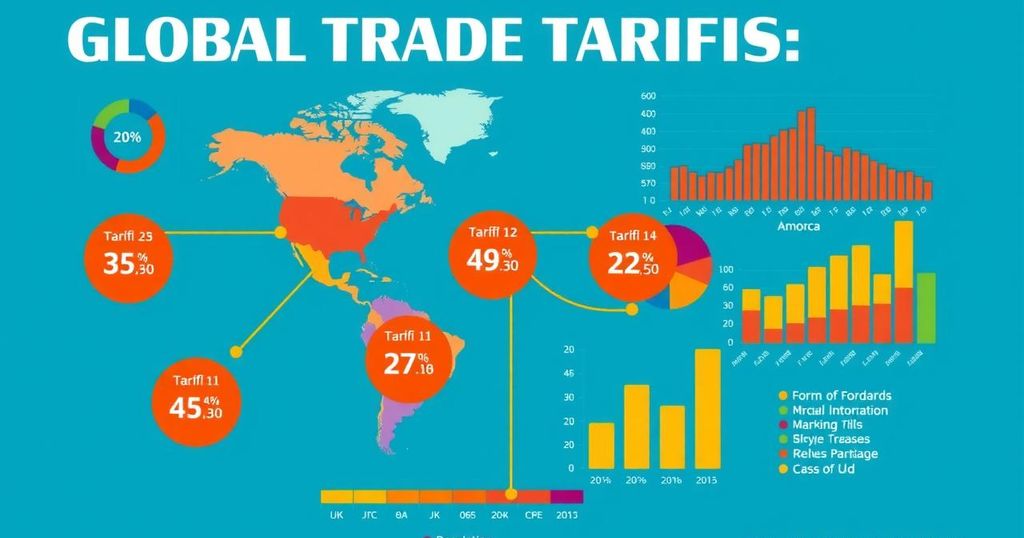Voting for the 39th World Zionist Congress election has begun, allowing American Jews to influence Israel’s future. This election could determine the allocation of over $5 billion in funding and the authority of key Zionist institutions. With 21 slates in contention, a significant ideological battle exists between liberal and right-wing factions. Low voter turnout poses a challenge, emphasizing the need for increased participation.
Voting commenced on Monday for the 39th World Zionist Congress election, presenting American Jews with a pivotal opportunity to influence Israel’s trajectory. This election will shape the power dynamics within a historic Zionist organization established by Theodore Herzl 128 years ago, with significant implications for over $5 billion in funding for Jewish causes and extensive authority over quasi-governmental entities such as the Jewish Agency and the Jewish National Fund.
All Jewish adults residing in the United States are eligible to vote until May 4, provided they endorse a set of Zionist principles and pay a registration fee of $5. This year’s election is underscored by an intense ideological contest between liberal and right-wing Orthodox factions, each striving to influence the future of Zionist institutions regarding key issues such as religious pluralism and Israel-Diaspora relations.
Rabbi Josh Weinberg, head of the campaign for the Reform movement’s slate of candidates, emphasized, “This election is about nothing less than the soul of the State of Israel and the Jewish people.” He highlighted the election’s role in shaping competing visions of Jewish identity and statehood through democratic means.
Weinberg’s Vote Reform slate is among 21 candidates competing for 152 seats allocated to American Jewry, a notable increase from the 15 slates that participated in the last election five years ago. Winners will join 173 representatives from global Jewish communities and 200 representatives from Israel, selected by political parties based on parliamentary seat distribution.
While the Reform slate captured a plurality of American votes in the previous election, right-wing Orthodox factions, particularly the Mizrachi slate and the new Eretz Hakodesh slate, significantly influenced the congressional balance. Eretz Hakodesh aims to continue its momentum and expand its support base, inviting like-minded individuals to join their cause.
Several new slates in this election emphasize platforms aligned with Orthodox values or pro-settlement politics, differing primarily in demographics. Am Yisrael Chai targets college students and young professionals, while the Israeli American Council slate appeals to Israeli expats. The left has its own coalition, AID Coalition, advocating for issues central to the Israeli protest movement.
Despite a general left-leaning sentiment among American Jews, voter turnout remains a challenge; only a small fraction participate. In the 2020 election, approximately 125,000 of nearly 6 million eligible American Jewish adults voted, a marked increase from the 56,000 in 2015 but significantly lower than the 211,000 who participated in 1987.
Yizhar Hess, vice chairman of the World Zionist Organization, outlined the troubling implications of low turnout, which he regards as a “shonda” threatening Zionist pluralism. Hess is committed to raising awareness of the election, urging diaspora Jews to amplify their voices in this critical democratic process to ensure a representative congress that reflects the diverse makeup of Jewish communities.
The ongoing election for the World Zionist Congress represents a crucial opportunity for American Jews to influence the future of Israel. With a stark ideological divide between liberal and right-wing Orthodox factions, the outcome will have lasting implications for essential issues such as funding for Jewish causes and Israel-Diaspora relations. Despite challenges in voter participation, efforts are underway to galvanize the community and ensure a Congress that truly represents the diverse perspectives within the Jewish population.
Original Source: www.jta.org




